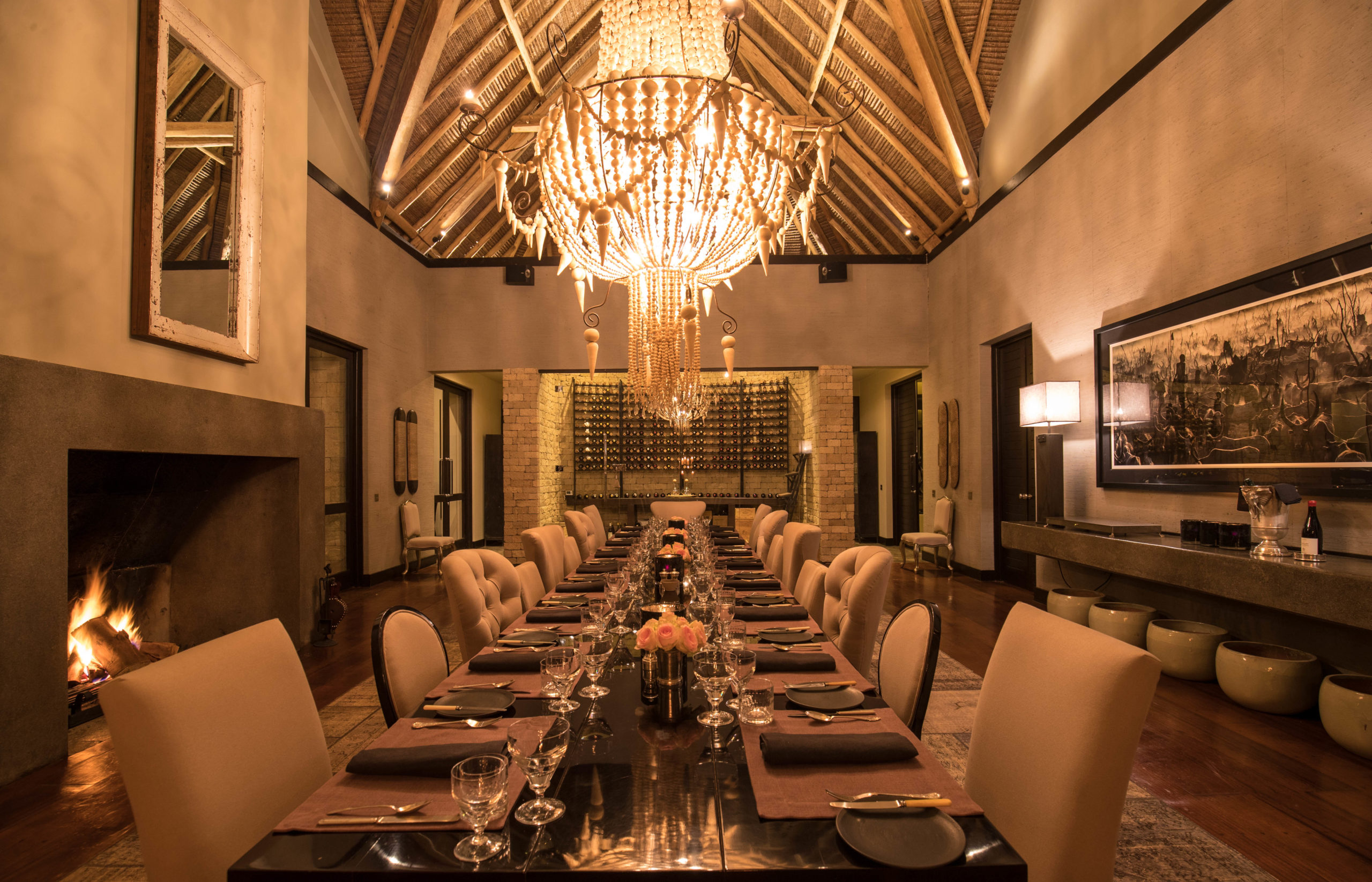Resort vs Hotel vs Restaurant: What’s the Difference?
When planning a getaway or even just a night out, you’ve probably come across the terms resort, hotel, and restaurant. While they all belong to the hospitality industry, each offers a very different experience. Whether you're booking a vacation or recommending travel experiences, understanding these differences can help you make better choices and enhance your travel lifestyle.
What Is a Resort?
A resort is a full-service vacation destination. It combines accommodation, dining, entertainment, and recreation all in one place. Think of it as a mini world where everything you need for relaxation or adventure is within walking distance.
Key Features of a Resort:
-
Accommodation (luxury rooms, villas, or suites)
-
On-site restaurants and bars
-
Swimming pools, spas, and fitness centers
-
Activities (golf, water sports, guided tours, etc.)
-
Entertainment and event facilities
What Is a Hotel?
A hotel provides lodging and basic services for travelers. While many hotels offer amenities like restaurants, pools, and room service, their primary purpose is accommodation a comfortable place to sleep while you're away from home.
Key Features of a Hotel:
-
Rooms or suites for short-term stays
-
Often located in cities, near attractions or business centers
-
May include a restaurant, bar, conference rooms, or gym
-
Range from budget to luxury
Ideal For: Business travelers, city tourists, or anyone needing a place to stay temporarily without needing extra entertainment or recreation on-site.
What Is a Restaurant?
A restaurant is a business that primarily serves food and beverages to customers. Unlike hotels or resorts, you don’t stay overnight, you simply enjoy a meal, whether casual or fine dining.
Key Features of a Restaurant:
-
Serves food and drinks (breakfast, lunch, dinner, or all)
-
Can be part of a hotel or a standalone establishment
-
Offers different cuisines and dining styles
-
Varies from fast food to high-end gourmet experiences
Ideal For: Dining out, social gatherings, business meetings, romantic dinners, or food lovers exploring new cuisines.
Quick Comparison Table
| Feature | Resort | Hotel | Restaurant |
|---|---|---|---|
| Main Purpose | Vacation + leisure | Accommodation | Food and drink |
| Accommodation | Yes | Yes | No |
| Dining Options | Multiple on-site restaurants | May have 1–2 restaurants | Primary service |
| Recreation/Activities | Yes (spa, sports, tours, etc.) | Limited (gym/pool, if any) | No |
| Target Audience | Vacationers, families, couples | Business & leisure travelers | General public, diners |
In summary:
-
Resorts are designed for a full holiday experience.
-
Hotels focus on providing a comfortable stay.
-
Restaurants are all about food and dining experiences.
Next time you're planning a trip, think about what kind of experience you're looking for. Want to relax and never leave the property? Go for a resort. Need a place to rest between meetings or tours? A hotel is your best bet. Just want a great meal? Head to a restaurant.


